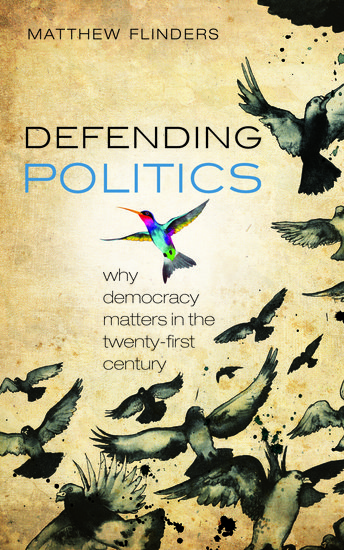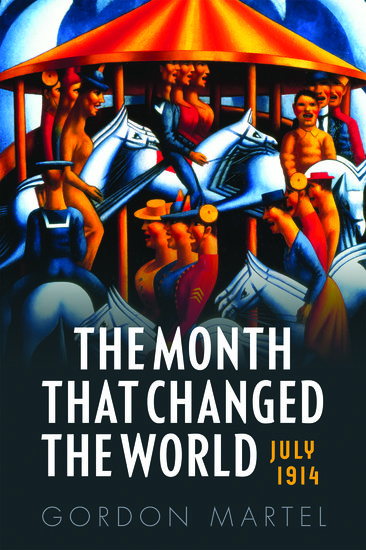Transparency at the Fed
As an early-stage graduate student in the 1980s, I took a summer off from academia to work at an investment bank. One of my most eye-opening experiences was discovering just how much effort Wall Street devoted to “Fed watching”, that is, trying to figure out the Federal Reserve’s monetary policy plans. If you spend any time following the financial news today, you will not find that surprising. Economic growth, inflation, stock market returns, and exchange rates, among many other things, depend crucially on the course of monetary policy.













